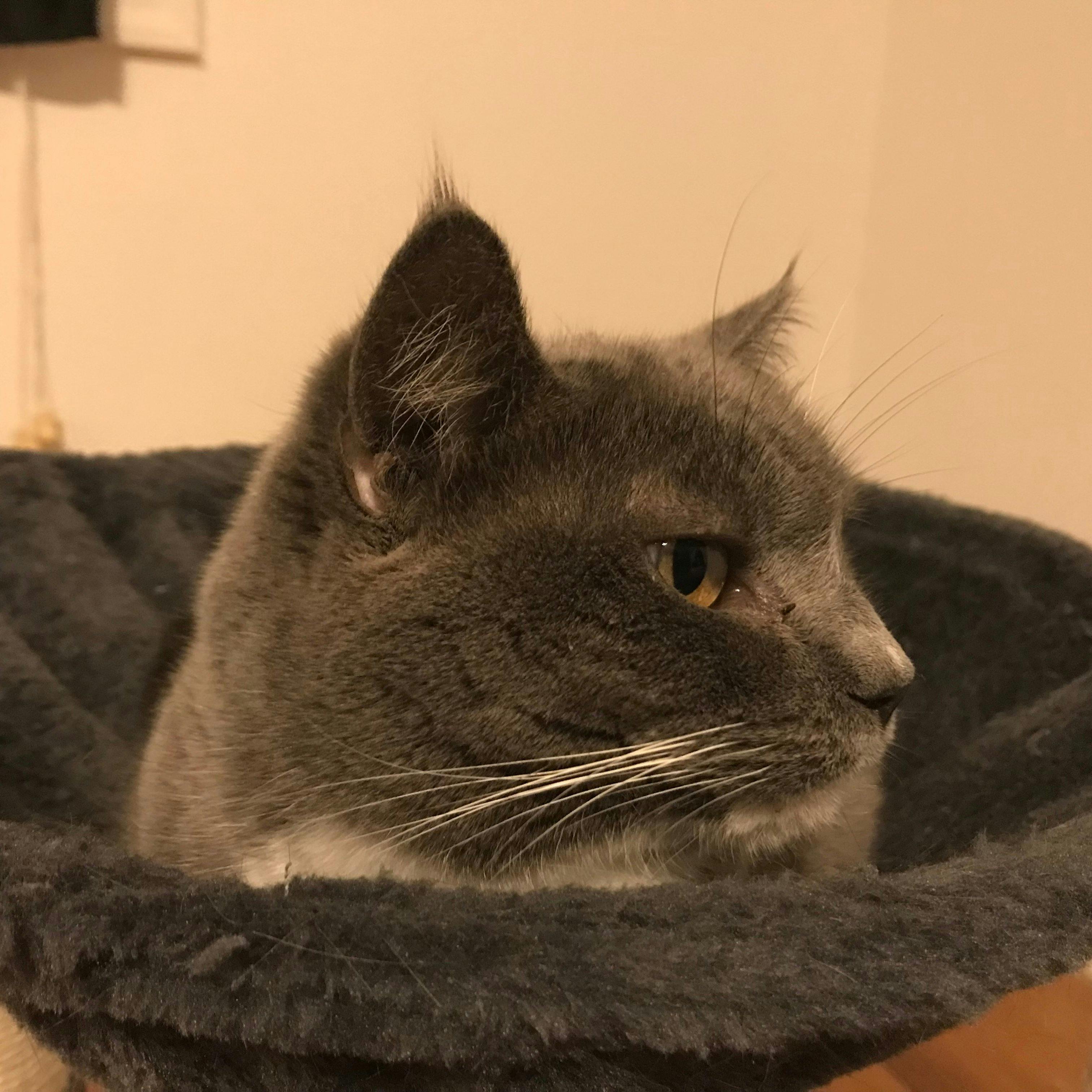Book Review: "How To Not Die Alone: The Surprising Science That Will Help You Find Love", by Logan Ury
I've been mentioning relationship issues (mostly the fact that I don't have one) to the psychotherapist I've been seeing, and she recommended me this book to read. I got it a few months ago and got the chance to read through it over the past couple of days. I think it's fairly insightful; the most useful thing I've found overall is the immense amount of structure Logan builds into her book (lots of forms and checklists and what-not), with experience and reasoning to back it up.
Here's some insightful points I've remembered about the book:
-
The dating market is full of lemons: Logan mentions how in terms of a cross-section of people, 50% of the population is emotionally secure, while the other half is "anxiously attached" (sending a lot of messages if you don't respond) or "avoidantly attached" (the "I need space" people); however, emotionally secure people get snatched up pretty quickly, which means the dating market is full of emotionally insecure people. The positive spin on this news is if you work on yourself and become an emotionally secure person, you should have little to no problem with getting into serious relationships.
I definitely felt this point. I think for most of my life I've been pretty emotionally insecure, and only very recently (like maybe since middle of this past year?) did I really come into my own and feel like I'm walking on solid ground emotionally vs. on a tightrope. I definitely didn't think I'd be able to help support somebody else before, but now I think I might be ready. In any case, I'm glad I focused on myself and had a lot of "me" time.
-
Slow burn strategy is underrated: In a world of dating apps and analysis paralysis, getting the chance to know somebody beyond just a few photos can make you stand out. After all, you really only need to be right once. So putting yourself out there, in the form of co-ed sports, or book clubs, or other forms of activities, will help form those bonds and see people as a whole vs. seeing them as a gaggle of metrics.
I feel this. One of my friends mentioned the need to put myself out there more often, and I honestly haven't done so due to the busyness of work. But if I don't want to die alone, I gotta bite the bullet soon. Thankfully, I've got some friends in my writer's group, who I honestly might want some help in getting me set up. Luckily, there's a section in "setting up with some friends or friends of friends" where you quite literally ask friends for help in getting set up, including paying them for their troubles (thought never actually crossed my mind). Maybe I'll try that this year.
-
Plan difficult conversations: Make sure to prepare for them (e.g. dress up for conversations around marriage, spread out those conversations over a few months to digest information), know how to fight well, and have a breakup plan, all to enact your own agency. Honestly, it's probably the same tactics you would use at a healthy workplace; why wouldn't you use them with the one you love?
I think this book didn't talk about anything I didn't really know (I mostly was like "yeah that makes sense" to everything), but having a coherent plan and seeing everything laid out in front of you is helpful for visualizing a path forwards, and that engenders a sense of hope that can't come with wishful thinking. I'll probably look to refer to this book once I get serious about my dating plan.
